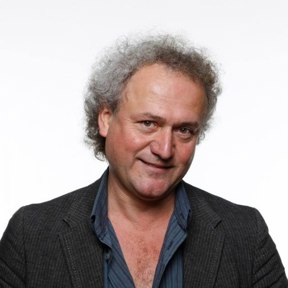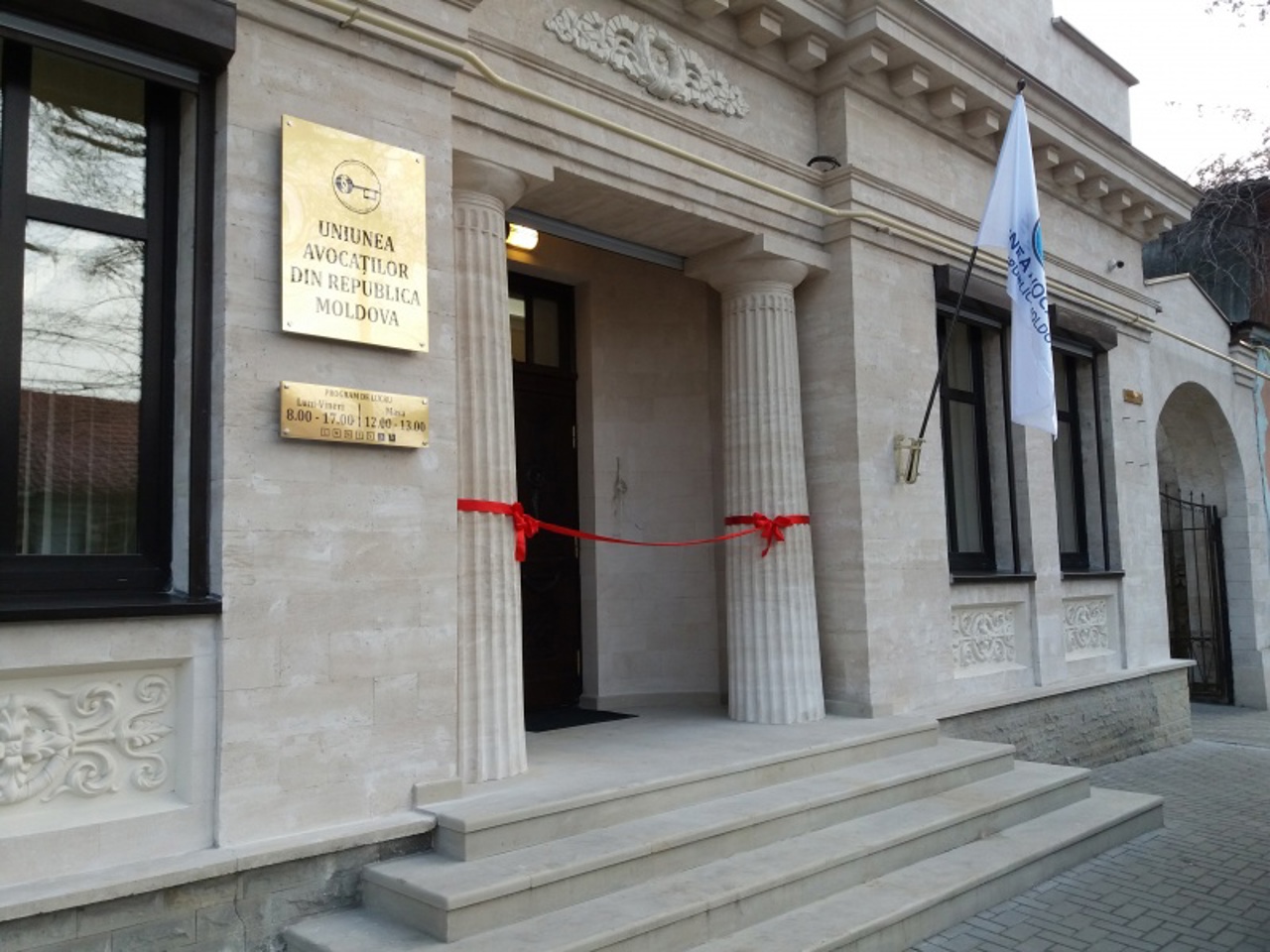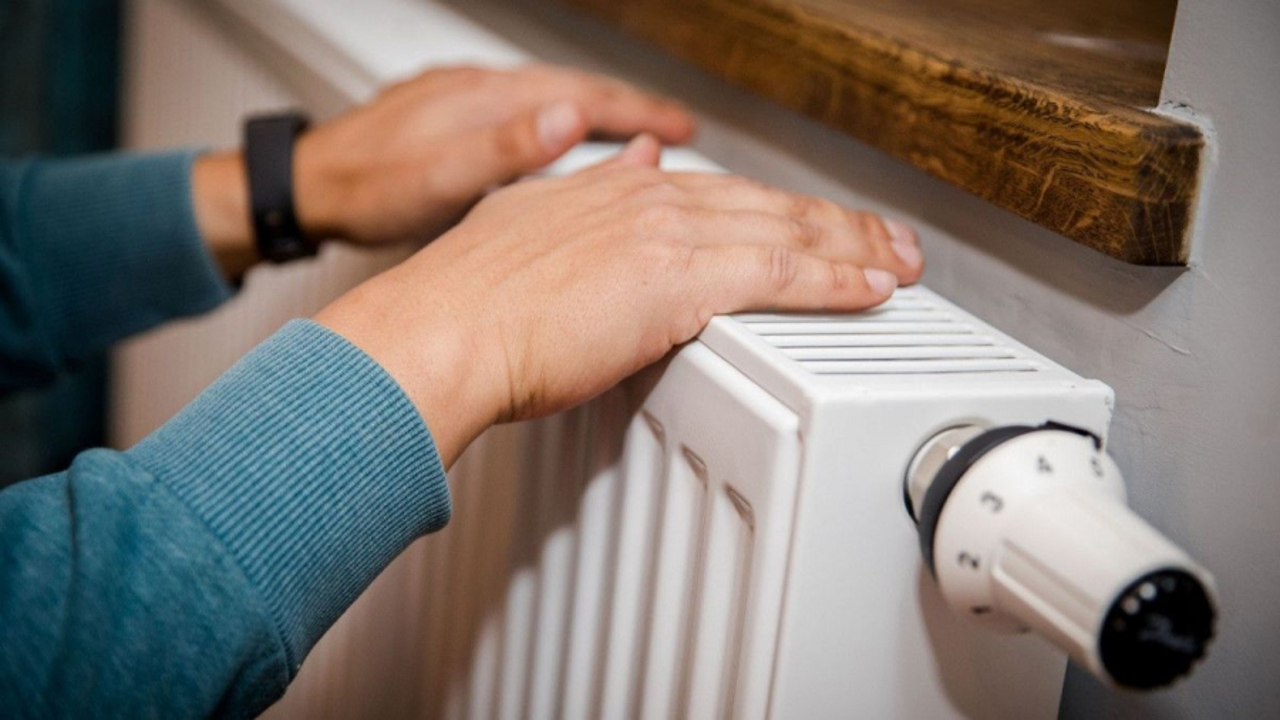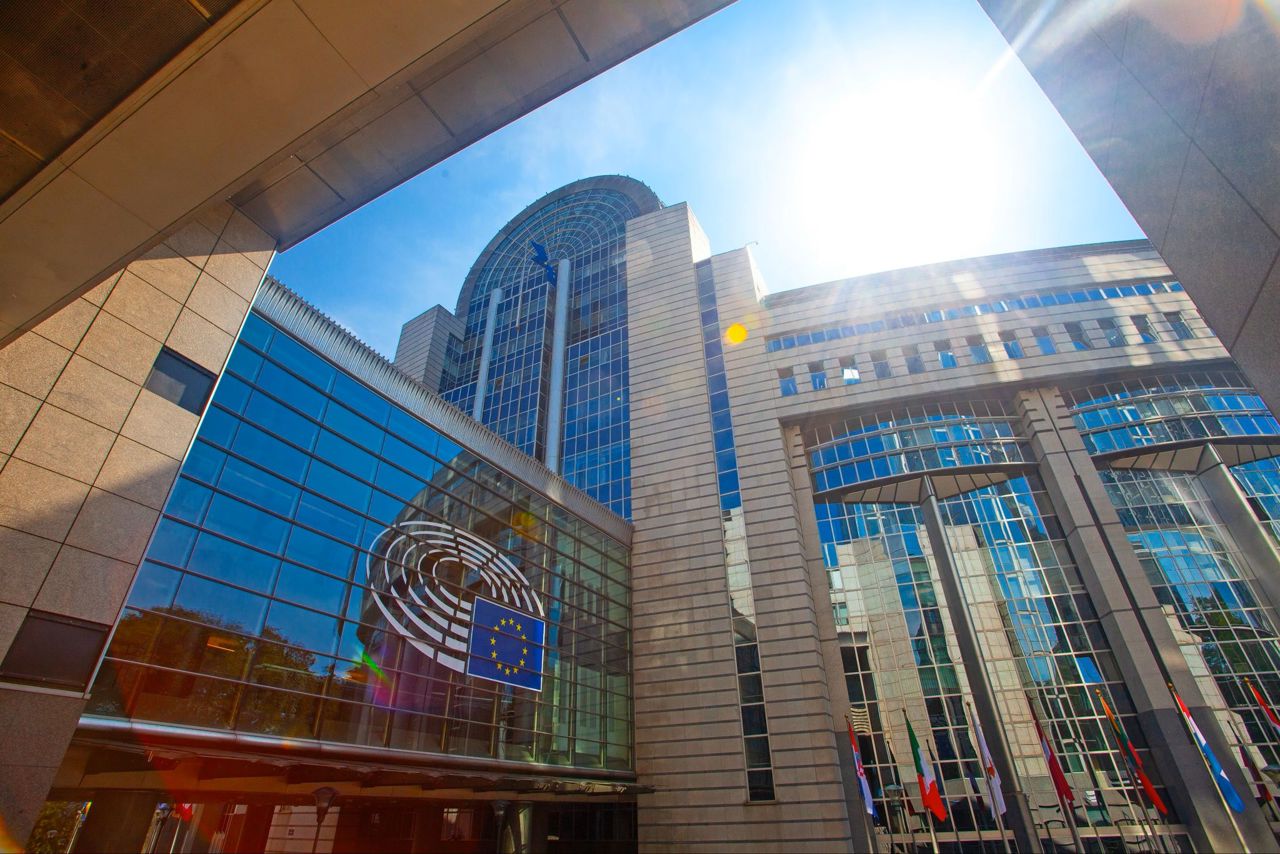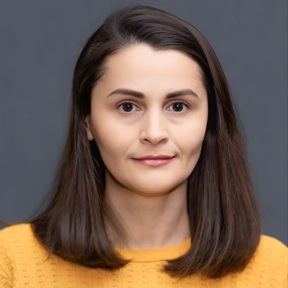Correspondence by Dan Alexe // "Peace imposed by force": summit in Paris; France takes over the leadership of the coalition for Ukraine
French President Emmanuel Macron will host leaders of the Coalition of the Willing on Thursday, March 27. The Paris meeting will focus on short-term military support for Kiev and long-term security guarantees "that the armies of European countries can offer," Macron said.
Participants will also examine Putin's statement that he wanted Ukraine’s allies to stop sending weapons to Kiev as a precondition for peace—a demand that EU leaders appeared to reject in last week’s summit conclusions, agreed by 26 EU countries minus Viktor Orban’s Hungary.
Europe, left alone and marginalized by the US, is trying to appear combative and take on the role of Ukraine’s main military and financial backer. However, even from a purely financial point of view, Europe has so far been Ukraine’s main supporter, much more than the US.
On Wednesday evening in Paris, in the presence of Ukrainian President Volodymyr Zelensky, Emmanuel Macron announced new French financial support for Kiev of two billion euros. Today, Thursday 27 March, delegates from 31 states will discuss security guarantees for Ukraine.
The French president announced on Wednesday evening that France would provide Ukraine with additional military support of two billion euros in the form of ammunition, armoured vehicles, and anti-tank and anti-aircraft missiles. These include Mistral missiles, tanks and remotely operated munitions, drones, etc. The French president also called on Russia to accept a 30-day ceasefire without "preconditions", accusing Moscow of adding "new preconditions" to the agreement reached in a vague form through the United States.
The discussions between Macron and Zelensky also focused on the creation of a peacekeeping force, once a real ceasefire agreement is reached. The goal will be "to prevent any desire by Russia to relaunch aggression against Ukraine", Volodymyr Zelensky explained.
Emmanuel Macron insisted that this force would be "like a strategic reserve" and could rather be called UN troops, not European ones. Macron, however, insisted on this formula: “Peace imposed by force”, that if international troops, French or British, were attacked by Russia, it is “obvious” that they would have to defend themselves militarily, as in a real war.
Thirty-one world leaders are therefore meeting in Paris on Thursday, at the invitation of Emmanuel Macron, for a summit dedicated to peace and security in Ukraine. Along with the countries of the European Union (EU), several NATO allies, such as the United Kingdom, Canada and Norway, will participate.
Under pressure from Donald Trump, Ukraine had agreed to implement two agreements negotiated by the Americans in Riyadh with Kiev and Moscow to end attacks on their energy infrastructures in the Black Sea.
But the Kremlin immediately clarified that the Black Sea agreement was conditional on the lifting of certain Western sanctions, to facilitate its exports of grain and fertilizers. Kiev, however, denied that such conditions had been discussed. The European Commission has also said that restrictions on trade in Russian agricultural products require the withdrawal of Russian troops from Ukraine as a precondition. For now, it is “far too early” to talk about lifting sanctions against Moscow, Emmanuel Macron said.
“Peace imposed by force does not mean the beginning of the lifting of sanctions,” Macron insisted. “Russia cannot have any say here and cannot dictate the terms of peace,” the French head of state added.
This summit will be the third of its kind since Paris and London launched a “coalition of the willing” in February to provide Ukraine with security guarantees in the event of a ceasefire. Since then, the format has been expanded, and expert meetings of all participants have been held to begin planning operations.
For Europeans and their allies, the Ukrainian army remains the first line of defense for Ukraine, but also for Europe itself. The leaders will discuss how to develop Ukrainian forces to keep them in a position to deter Russian aggression.
